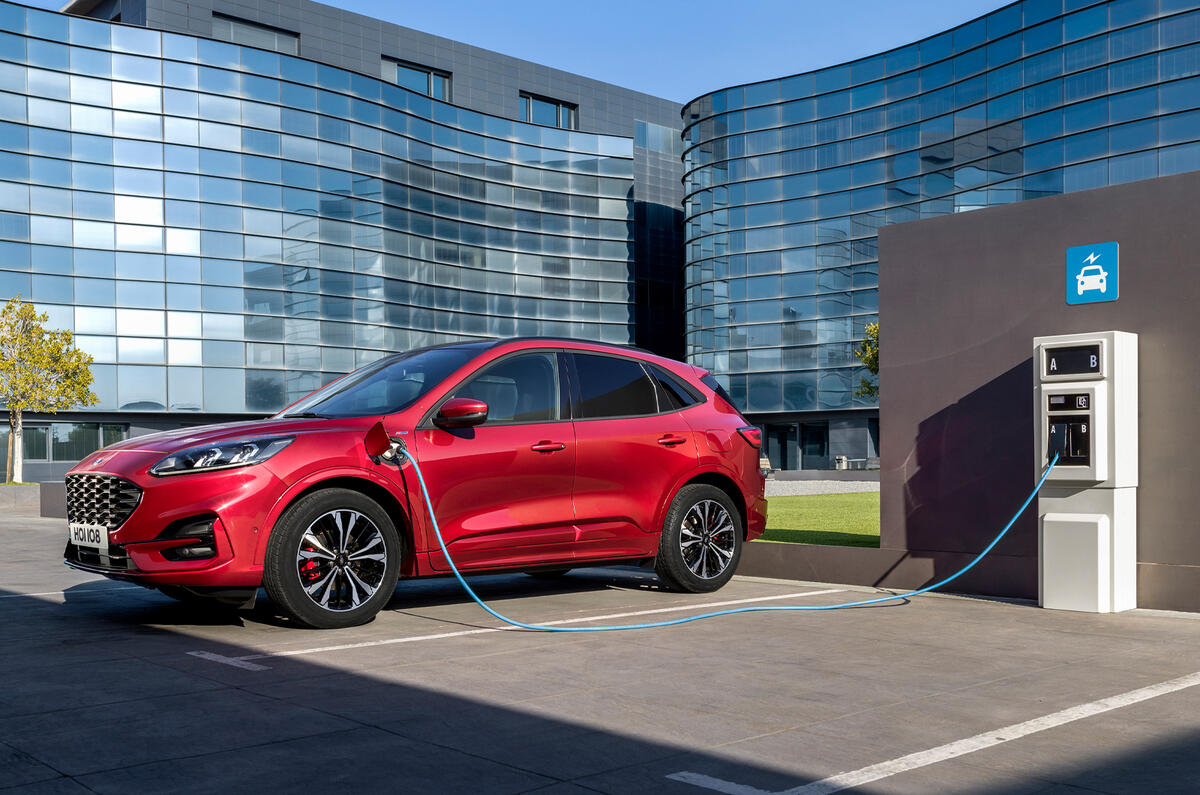We live and learn, but it’s extraordinary to reflect on the fact that it was a mere 20 years ago that the UK government sought to end the practice of offering company car drivers tax discounts if they used their cars for more than 2500 business miles (earning a one-third discount) or more than 18,000 miles (two-thirds).
Back then, it was well known that some drivers on the cusp of a tax break would take to the roads to earn it. Never mind the planet, a few laps of the M25 could save them big chunks of cash – which was probably spent on a holiday that threw a few more tonnes of CO2 into the atmosphere…




Join the debate
Add your comment
Maybe, just maybe the government could tailor the tax laws to not only raise revenue but to aid the drive to a greener future to. Car drivers with even a sniff of an option of a 'company' car have always made that decision on the basis of what leaves most in their own pocket. It seems ridiculous tax wise to have such low taxable benefit laws for battery cars when alternate ICE cars with very low pollution levels are so high. People will still switch to E-cars so long as they pay less tax. The gap doesn't have to be huge. Equally the nation needs a huge stock of well maintained, cheap (ish), used E-cars and the company car conveyor belt remains ideal to give us that. So incentivise cheaper company E-cars, make more expensive cars less tax wise attractive. Yes, some highly paid executives may howl with outrage but so long as it remains cheaper to company source they will stick with it and even if they don't the nation will still gather the 40% on the taxable income when they buy their own. The vast majority of these purchases are BMW, Audi, Merc and Volvo anyway, and these do nothing for our trade balances or UK growth and employment, so we shouldn't be using UK tax policy to help them in any way.